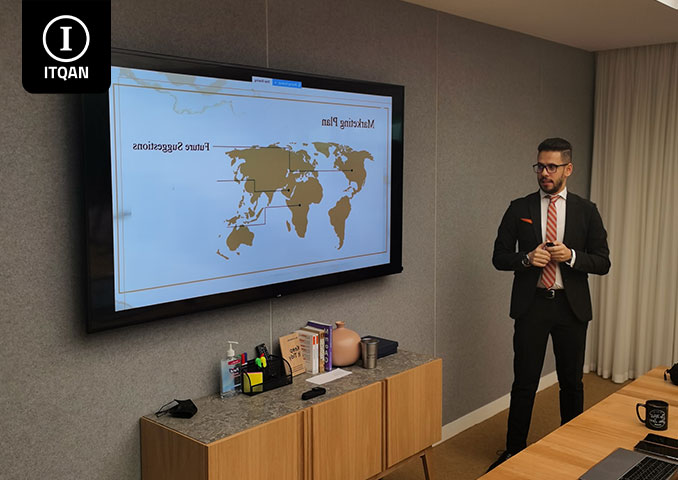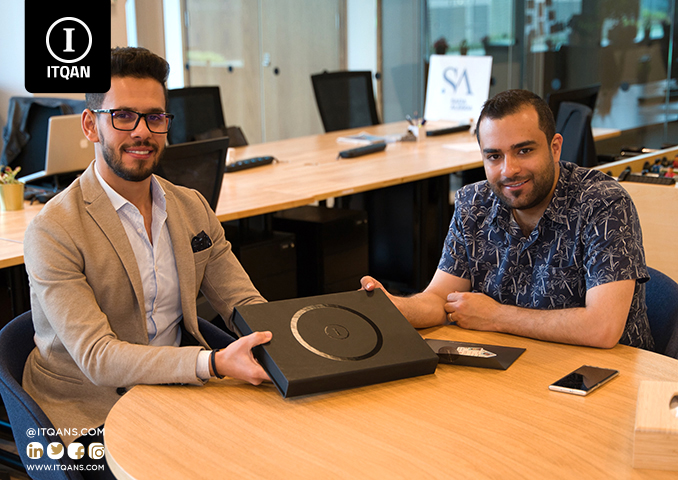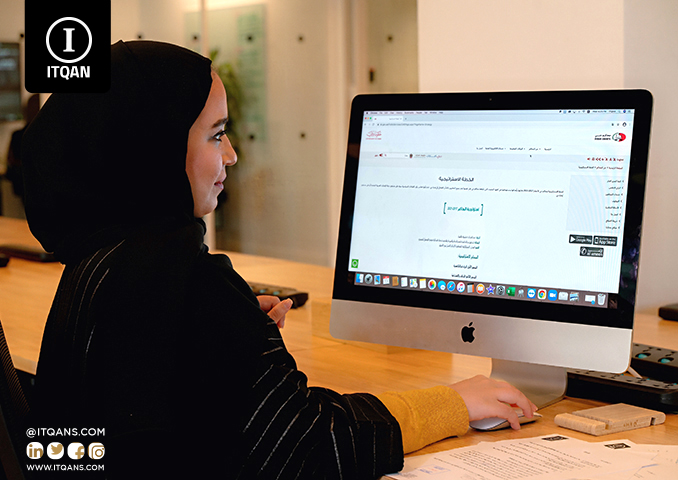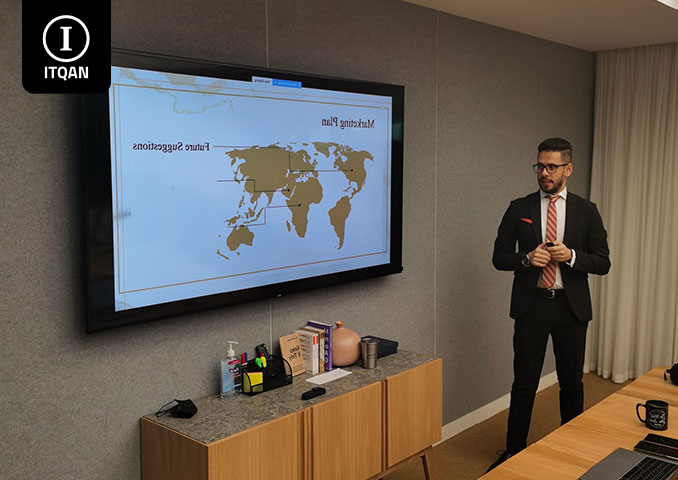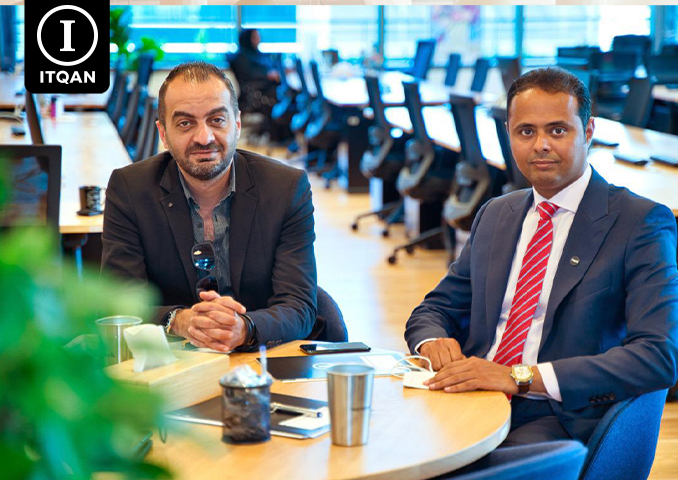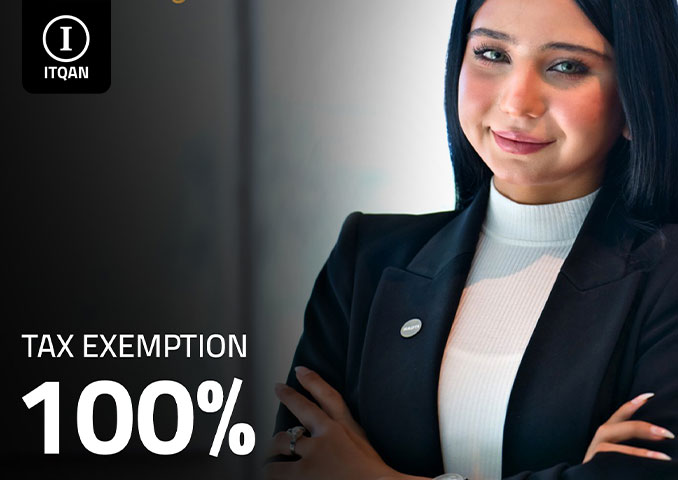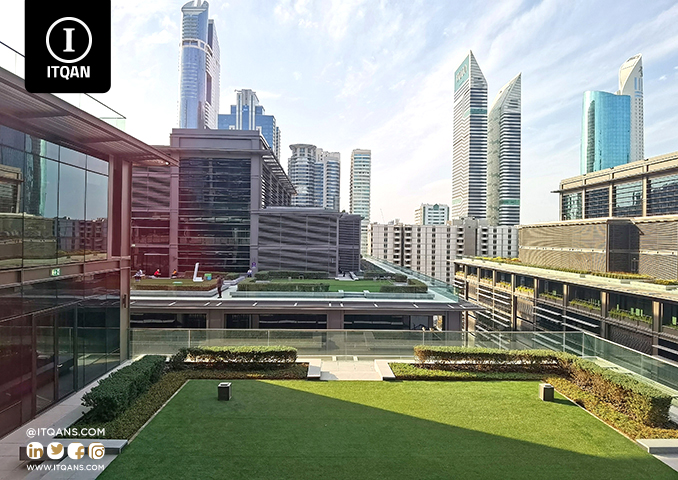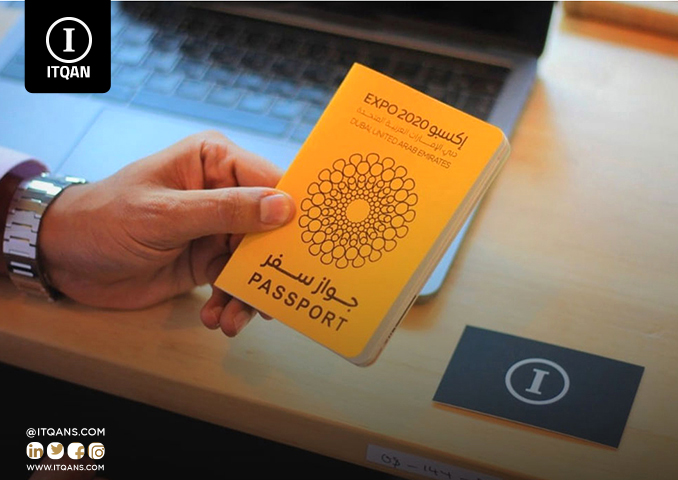The United Arab Emirates is considered one of the most prominent investment destinations in the world, as it enjoys a developed business environment that encourages foreign investment. In order to organize and facilitate investment operations for foreigners, the UAE has passed laws and legislation that regulate the investment sector and protect the rights of investors. In this article, we will explore the investment laws for foreigners in the UAE and the opportunities available to them.
The UAE is open to foreign investment and adopts an encouraging policy to attract investors from all over the world. UAE laws allow foreigners to own and establish companies and commercial establishments in various economic sectors. Foreigners can invest in industrial sectors, real estate, tourism, financial services, technology, and many other sectors.
Investment laws vary according to the type of company and sector in which foreign investors want to invest. For example, foreigners can establish local companies with a local partner or take advantage of free zones and special economic zones that provide benefits and privileges such as tax exemptions and customs facilities.
Investment laws for foreigners in the UAE include the protection of intellectual property rights, guarantees for the recovery and free transfer of profits, labor and employment rights, and dispute settlement mechanisms.
In short, the UAE provides a favorable investment environment for foreigners, and strives to improve investment-related legislation and regulations. These laws contribute to advancing economic development and enhancing global economic integration.
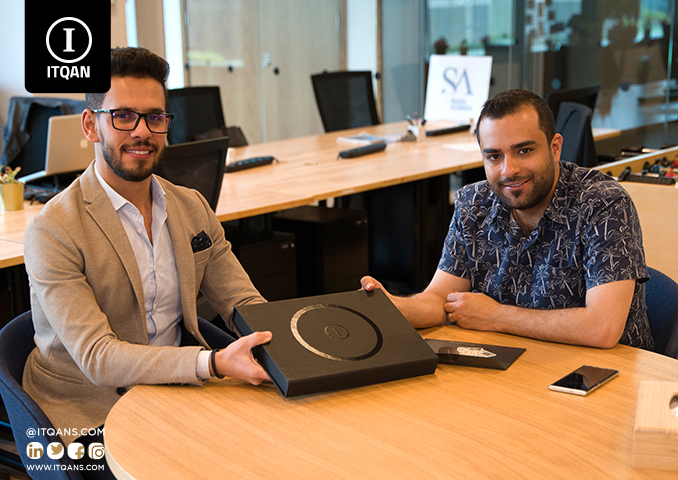
Investing in the Emirates for foreigners
Investing in the UAE for foreigners is considered an important opportunity in the global market due to the many benefits and advantages that the country offers. The UAE is characterized by a developed infrastructure and a diversified economy based on multiple sectors such as oil and gas, tourism, financial services, and trade. The regulated and open investment environment in the UAE encourages foreigners to establish both small and large companies and projects.
Thanks to free zones and advanced logistics facilities, foreign investors can benefit from a favorable operating environment and, in some cases, attractive tax breaks. The UAE also offers advanced legal systems that protect investors’ rights and provide a safe and reliable investment environment.
Furthermore, the UAE offers an active and diverse consumer market, and international companies can easily access the MENA markets through Dubai as a trade and financial centre.
What are the investment laws for foreigners in the Emirates?
In the UAE, foreigners enjoy wide-ranging investment opportunities thanks to policies and laws aimed at attracting foreign capital and promoting economic growth. Here are some of the most prominent investment laws for foreigners in the UAE :
- Foreign Companies and Investments Law: Foreign investors are allowed to own up to 100% of the capital interest in approved companies in onshore free zones and limited liability companies in some sectors.
- Free zones and special economic zones: Free zones provide a special investment environment with tax exemptions on income and corporate taxes for a certain period, which encourages the establishment of new companies and international investments.
- Real estate ownership: Allows foreigners to purchase real estate in specific areas in the Emirates, and the maximum ownership limit varies according to the emirate and the type of property.
- Investment Visas: Investment visas provide investors and their families with the opportunity to reside and work in the UAE, facilitating the investment and management process.
- Corporate Governance and Transparency: The UAE adheres to international standards for corporate governance and transparency, which increases confidence in the business environment and attracts more investments.
- Tax laws: The UAE has competitive tax policies, as it imposes taxes on some economic sectors and exempts them from others to promote economic growth.
Steps to invest in the Emirates for foreigners
For foreigners wishing to invest in the UAE , here are basic steps to follow:
- Research and planning: Study the market and identify sectors and investment opportunities available in the Emirates. Determine the type of investment you want and your investment goals.
- Qualification and Visa: Make sure you meet the requirements for an investment visa if necessary, and check the requirements to live and work in the UAE.
- Contracting and Partnership: Contract with local legal and financial advisors to assist you in investing and establishing the company if necessary. Partnering with a local partner may be required in some sectors.
- Company establishment: Select the type of company you wish to establish, such as a limited liability company, a branch, or a company in a free zone. Prepare the necessary documents and apply for licenses and business licenses.
- Registration and Licenses: You may need to register with the commercial registry and obtain a business license and professional licenses depending on the type of activity you undertake.
- Finance and Accounts: Open a bank account for the company and organize financial and tax accounts in accordance with local legal requirements.
- Legal Compliance: Ensure compliance with all local regulations and legislation, including employment, tax, safety and environmental laws.
- Real estate investment: If you are planning to invest in real estate, make sure you understand the laws regarding real estate ownership for foreigners and the required conditions.
- Expansion and development: Once the company is established, develop a strategy for growth and expansion in the local and regional market.
- Monitoring and Evaluation: Regularly monitor investment performance and evaluate its results, adapting the strategy if necessary to ensure that set objectives are achieved.
Documents required for investment in the UAE
For foreigners wishing to invest in the Emirates, the required papers vary depending on the type of investment and the type of company or entity they wish to establish or participate in. However, here is a general list of basic papers you may need:
- Passport: A certified copy of the passport or ID card for individuals wishing to invest.
- Residence visa: If the investment requires a residence visa, you may need a certified copy of the visa.
- Incorporation Document or Agreement: To establish a new company, you need a Memorandum of Association or Articles of Association along with the required signatures.
- Business Plan: Submit a detailed business plan that explains the company’s proposed activity and financial and operational objectives.
- Certificates of qualifications: If the investment requires a specific profession or services (such as medicine or engineering), you may need certificates of professional qualifications or licenses.
- Certified copy of the lease contract: If the company’s workplace is in an office or investment building, you will need a lease contract proving the company’s location.
- Financial Reports: You may need certified financial reports that show the company’s ability to bear costs and achieve profits.
- Special licenses: Some investment activities may require special licenses such as building permits or environmental licenses depending on the type of activity.
- Government permits and licenses: Some investment activities may require government permits from the competent authorities in the emirate.
- Insurance and Labor Licenses: Ensure compliance with all health insurances and labor licenses required by local laws.
At the conclusion of our article on investment laws for foreigners in the Emirates , it is clearly seen that the country has created a favorable and stimulating investment environment for foreign investors. The UAE is characterized by open and developed investment policies aimed at encouraging foreign funds and strengthening the national economy through a set of rational and transparent laws and legislation.
One of the most prominent measures taken by the UAE is facilitating the ownership of real estate properties and opening local markets to foreign investors, in addition to establishing free zones that provide a special investment environment with tax exemptions and attractive policies for business.
Moreover, the laws protect the rights of investors and provide them with international standards for corporate governance and transparency in business dealings. The UAE also provides a safe, politically and economically stable environment, which enhances its attractiveness as a leading destination for foreign investment in the region.
The most important frequently asked questions about investing in the Emirates for foreigners
What are the tax procedures for foreign companies in the UAE?
Foreign companies in free zones enjoy tax exemptions for a specific period, while companies in the rest of the Emirates are subject to local tax laws, which include value-added tax and corporate tax.
What are the laws related to real estate ownership by foreigners?
Foreigners can buy real estate in certain areas in the Emirates after obtaining permits from local authorities. Laws vary between emirates and can change over time.
Can foreign investors obtain residency in the UAE due to investment?
Yes, some emirates offer residency visas to investors and their families based on the value of the investment, making it easier for them to reside and work in the country.
What guarantees are available to foreign investors?
The UAE Investment Law provides legal guarantees and protection for foreign investors, including intellectual property rights and other legal protections.
What are the challenges that foreign investors may face in the UAE?
Some challenges include complying with local laws and regulations, obtaining the necessary licenses and permits, and understanding the local market and business culture.





